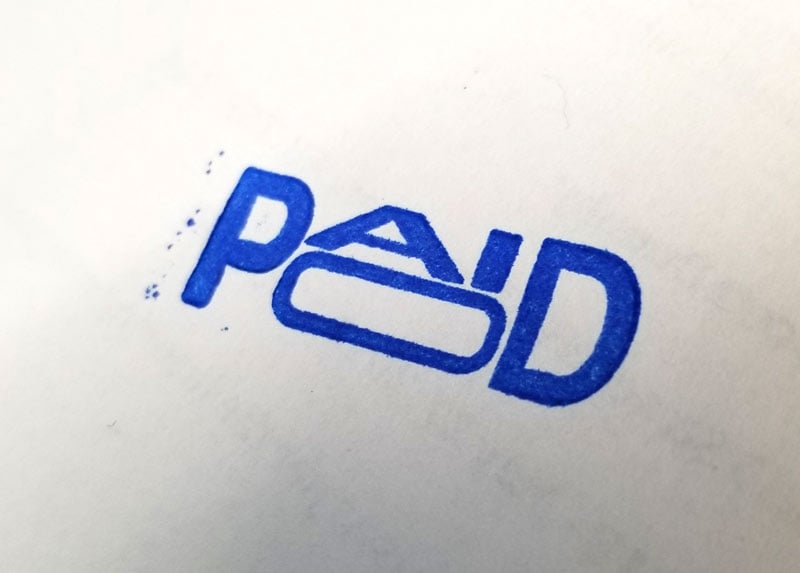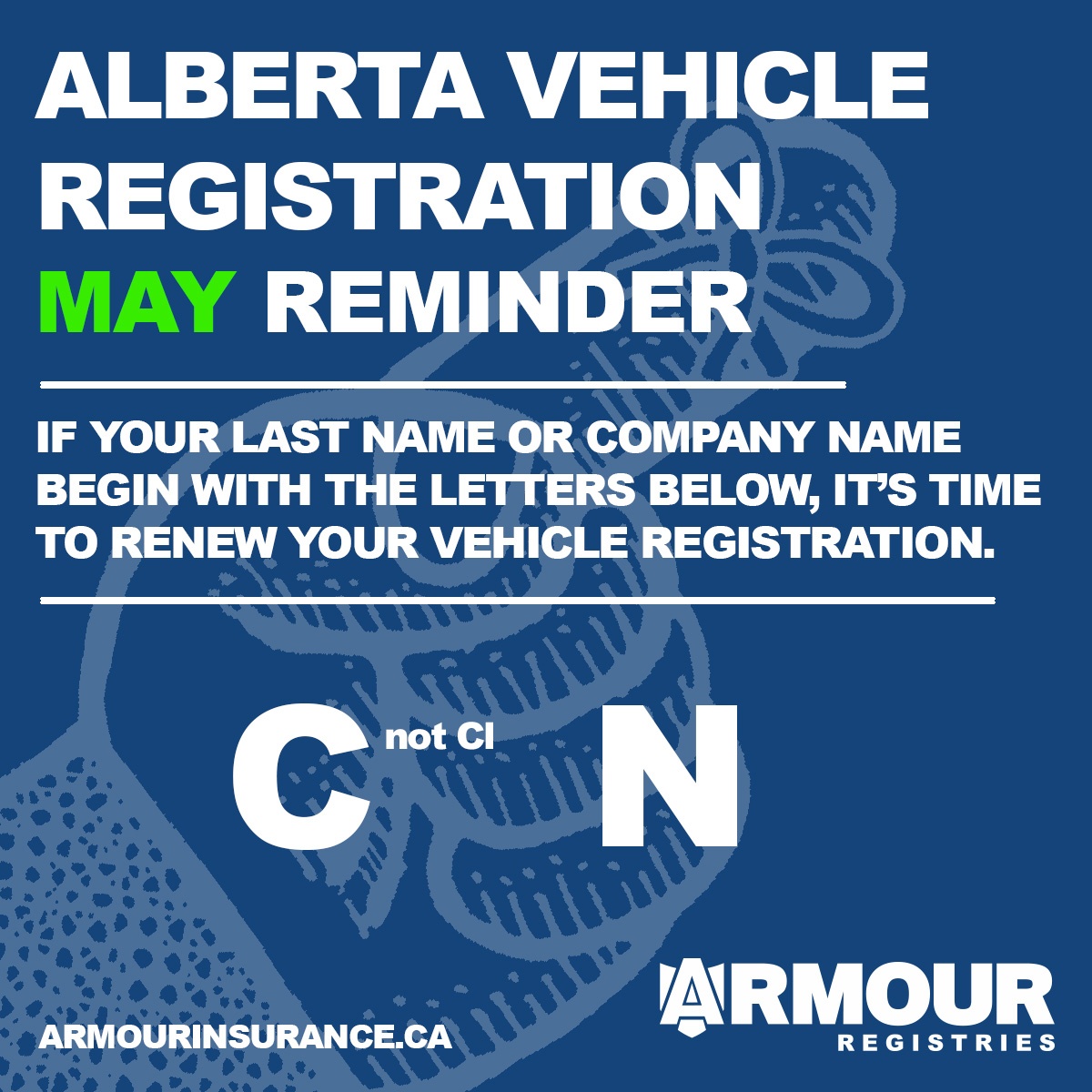 Life happens. It happens to the best of us and sometimes that means that something gets missed. We all know that missing a payment on your mortgage or your car lease can have some pretty substantial consequences, so what happens when you miss a payment on your insurance policy?
Life happens. It happens to the best of us and sometimes that means that something gets missed. We all know that missing a payment on your mortgage or your car lease can have some pretty substantial consequences, so what happens when you miss a payment on your insurance policy?
I Missed a Payment - Now What?
Often, your insurance payments will be set up for automatic withdrawal from your bank account. Depending on which insurance company you use, you may even be able to set the date of this withdrawal. Having these options takes the guess work out of missing payments, but sometimes when it comes time for your payment to come out there are insufficient funds in the account.
The first thing your insurance company will do when you miss a payment is schedule an automatic re-collection (as long as you haven't had any other payment issues and this isn't your first payment). This means that if a payment cannot be accessed on the payment date, they will try to collect again. Usually a few days down the road. This is their second attempt to collect the money owed and usually comes with an NSF fee attached.
UPDATE: Some companies have announced that they will no longer attempt a re-collection on missed payments or NSFs.
If the re-collection is unsuccessful, they will send you a "Registered Letter for Cancellation due to Non-Payment of Funds". This letter will show the amount of money owing and a due date to pay this money. If you are financing your vehicle, this letter may go to your financier as well. This is the final notice that you will receive. If you do not pay the account by the due date, your insurance will be cancelled. You do not want this to happen.
After cancelling your policy, your insurance company will send you a final bill for the amount owing on the account. Other insurance companies have access to this information and will not insure you until your prior debt is paid off completely.
Cancelled for Non-Payment
When your insurance policy get's cancelled because of a missed payment it is called "Cancelled for Non-Payment". This goes on your permanent insurance record and insurance company's can see this a big risk factor with new customers. This can cause you a number of problems and here are some of the most common:
- No more monthly payments - Most insurance companies will require a full year's premium up front if you have been cancelled for non-payment within the past few years.
- Additional fees - There may be additional fees called Broker Fees required to process your new policy.
- You have to pay your previous insurer back before another company will insure you - Insurance companies know if you owe their competitors money and require that there is no outstanding debt before selling a new policy to you.
- You will have no insurance - Your insurance will be cancelled making it illegal for you to drive your car and leaving you without protection in the event of an accident.
- You may lose your car - If you have finance payments on your car and your insurance is cancelled, that may void your finance agreement and your car may be repossessed.
What to do if you Think You're Going to Miss a Payment
Call your broker. If you think that you're going to miss a payment on your insurance, never ignore it. If you receive a registered letter of cancellation, always call your broker immediately. Call your insurance broker at your first opportunity to arrange payment options. They may be able to save you from a whole bunch of grief for years to come.
Cancelled for Non-Payment is a term that is not widely used outside of the insurance community, but it is an important one to know. For a lot of insurance brokers these days this is one of the first questions they ask a prospective client. Having this on your record really narrows down your payment options and can make it difficult to put your policy in force. It is really something that is better off avoided.
For more information on this you can refer to your policy declaration or contact your broker.






